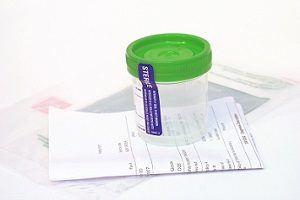On November 13, the U.S. Department of Transportation’s (DOT) Office of Drug and Alcohol Policy and Compliance published a final rule that expands the Department’s current drug testing panel to include four semi-synthetic opioids.
Employees in safety-sensitive transportation roles who are required to undergo DOT drug testing, their employers, medical review officers (MROs), and laboratories that perform DOT drug testing will all be affected.
The newly added opioids are hydrocodone, oxycodone, hydromorphone, and oxymorphone. Common brand names for these drugs include OxyContin®, Percodan®, Percocet®, Vicodin®, Lortab®, Norco®, Dilaudid®, and Exalgo®. The changes were made in order to comply with revised mandatory guidelines established by the U.S. Department of Health and Human Services for federal drug-testing programs.
The final rule, which takes effect January 1, 2018, revises 49 CFR 40, Procedures for Transportation Workplace Drug and Alcohol Testing Programs, to add the additional substances to the required drug testing panel. The rule also:
- Adds methylenedioxyamphetamine (MDA) as an initial test analyte,
- Removes methylenedioxyethylamphetamine (MDEA) as a confirmatory test analyte,
- Clarifies some testing program definitions and provisions,
- Makes technical amendments, and
- Removes the requirement for employers and third-party administrators of drug testing programs to submit blind specimens.
“The opioid crisis is a threat to public safety when it involves safety-sensitive employees involved in the operation of any kind of vehicle or transport,” said Transportation Secretary Elaine L. Chao. “The ability to test for a broader range of opioids will advance transportation safety significantly and provide another deterrence to opioid abuse, which will better protect the public and ultimately save lives.”
The final rule is available here.

